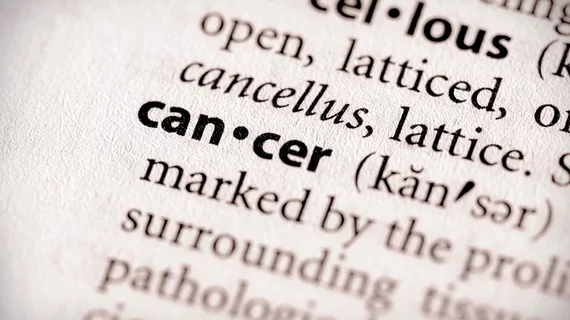Among patients who show any indication for radiotherapy, black women with breast cancer were more likely to receive radiation compared to white patients, according to a recent study published in Advances in Radiation Oncology.
However, first author Felecia Snead, MD, and colleagues found no significant association with race when accounting for patients with a “strong indication” for adjuvant radiotherapy.
“Contrary to our hypothesis and other published reports overall, Black patients were more likely to receive radiotherapy for their breast cancer compared to White patients when considering any indication for radiotherapy,” Snead, with UPMC Hillman Cancer Center in Pittsburgh, Penn., and colleagues wrote.
Adjuvant post-mastectomy radiation has been shown to greatly improve overall survival in breast cancer patients, but there remains wide variation among research with regard to black patient’s use of radiotherapy, the authors wrote. Some studies have put that range at anywhere from 15-57%.
Snead and colleagues recruited women with primary invasive, non-metastatic breast cancer from hospitals in Washington, D.C. and Detroit between July 2006 and April 2011. Telephone interviews were performed to gather psychosocial and health factor information at the time of their diagnosis. Clinical data was taken from patient medical charts.
Among the 395 eligible women, 217 met some of the qualifications for adjuvant breast or chest wall radiotherapy post-breast conservation surgery or mastectomy. All patients were insured, 41% were white and 59% were black and the mean age was 54.8 years old.
Results showed that self-efficacy, positive attitudes about radiation and women with a self-reported higher rating of provider communication about radiotherapy were more likely to receive radiation.
Socioeconomic factors such as medical mistrust and perceived susceptibility were predictive of whether black women received radiotherapy, but not their white counterparts. Among the latter group, religiosity was associated with whether they received radiotherapy.
“While these separate analyses do have smaller sample sizes and have less power to detect differences in predictors across race, it does suggest that further study is needed to better understand racial variations in sociocultural factors that underlie women’s’ propensity to obtain of radiation,” the researchers noted.
There were many limitations to the study, including a lack of racial information about the providers, which, the authors wrote, has been shown to impact the quality of communication through racial bias. Additionally, the group did not gather all relevant clinical details and outcomes related to therapy, nor if their radiotherapy treatment was in line with what their oncologist recommended.
“Overall, the complexity of the patient-provider relationship and its influence on the quality and outcome of breast cancer treatment leaves many unanswered questions,” the team wrote.
Snead an colleagues suggested further research utilizing the “process and action” of patients and providers may help enhance communication practices and create more personalized information tools.

